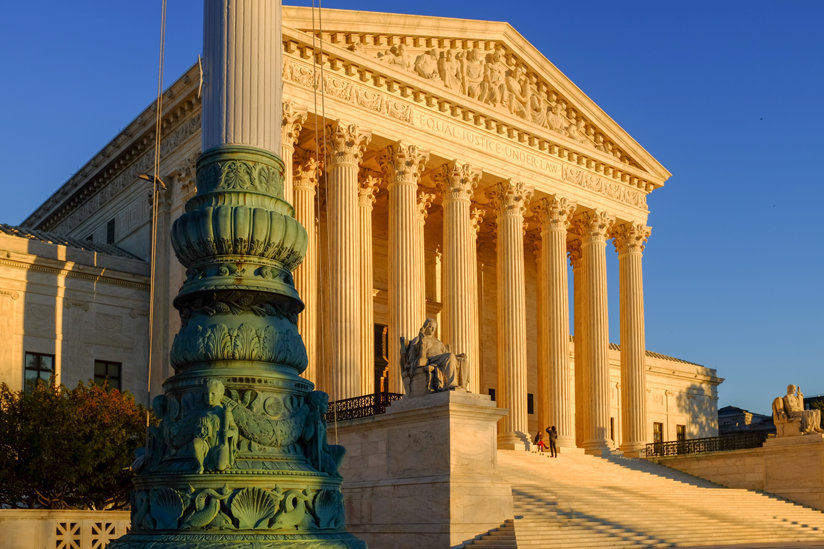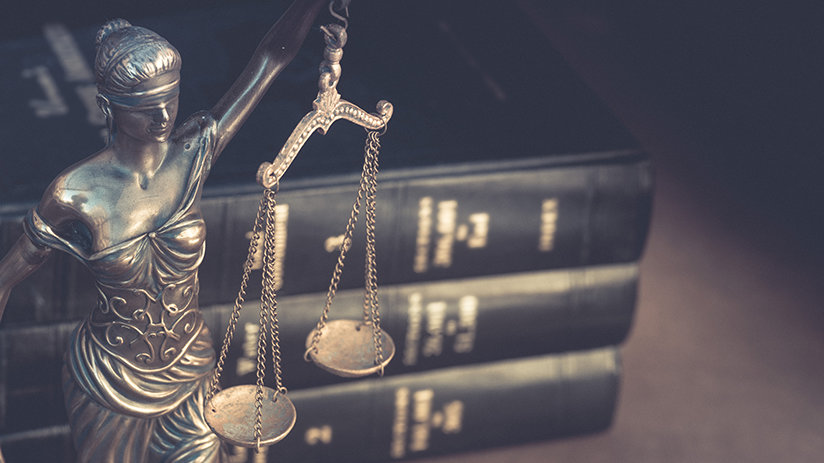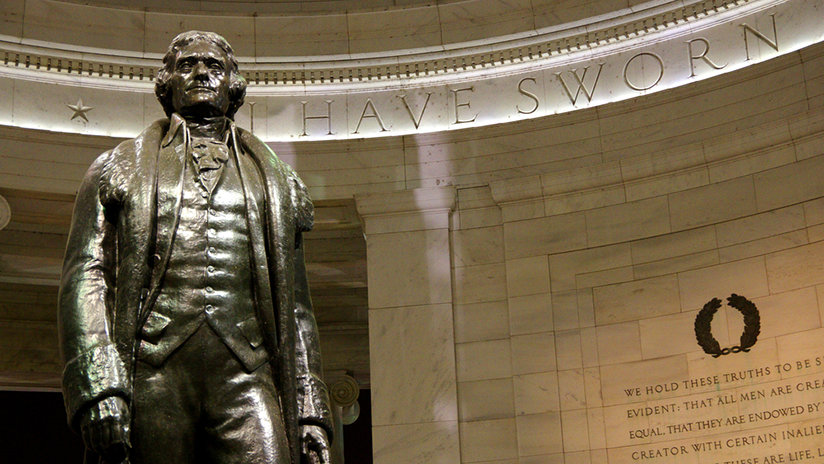
-
HOME
-
WHAT IS STANDOur Mission Our Values Our Help Contact
-
WHAT WE FIGHT FORReligious Freedom Religious Literacy Equality & Human Rights Inclusion & Respect Free Speech Responsible Journalism Corporate Accountability
-
RESOURCESExpert Studies Landmark Decisions White Papers FAQs David Miscavige Religious Freedom Resource Center Freedom of Religion & Human Rights Topic Index Priest-Penitent Privilege Islamophobia
-
HATE MONITORBiased Media Propagandists Hatemongers False Experts Hate Monitor Blog
-
NEWSROOMNews Media Watch Videos Blog
-
TAKE ACTIONCombat Hate & Discrimination Champion Freedom of Religion Demand Accountability
Supreme Court Now Considering Religious Liberty Cases by Phone
For the first time in its history, the U.S. Supreme Court is hearing oral arguments by teleconference on certain cases, including a number on religious liberty.
One case, Our Lady of Guadalupe School v. Morrissey-Berru, involves a teacher, Ms. Morrissey-Berru, charged with the duties of religious instruction to students of Our Lady of Guadalupe, a private Catholic school. Ms. Morrissey-Berru is suing the school for failing to renew her contract and claims the decision not to was rooted in ageism, while the school, for their part, claims Ms. Morrissey-Berru was fired for incompetence.

At issue is the ministerial exception, a legal doctrine based on the Constitution’s prohibition of government interference in religion. The ministerial exception allows religious organizations to select their own ministers and prevents government involvement in ecclesiastical decisions.
Our Lady of Guadalupe won its case in the lower court, based on the ministerial exception principle, but an appeals court reversed the finding, arguing that Ms. Morrissey-Berru—though she had been trained at the school’s expense as a certified catechist, taught religion at the school, led the students in daily prayer and prepared them for mass, feast days, Lenten services and an annual performance of the Passion of the Christ—was performing duties at the school that were “not religious enough,” and therefore didn’t fall under the category of ministerial exception.
Other religious liberty cases being taken up include one involving a Catholic school in California wherein a fired employee claimed job discrimination. In another, the Little Sisters of the Poor Saints Peter and Paul Home, a charitable religious institution, disputed being mandated to pay their employees for contraceptive-care coverage counter to their religious beliefs.
Arguments began by teleconference on May 11, 2020.






